Pictures for attention, this is a Vespula squamosa queen I found while digging for termites one day a while back and one of the main reasons I got interested in wasps (been interested in bees for ages):
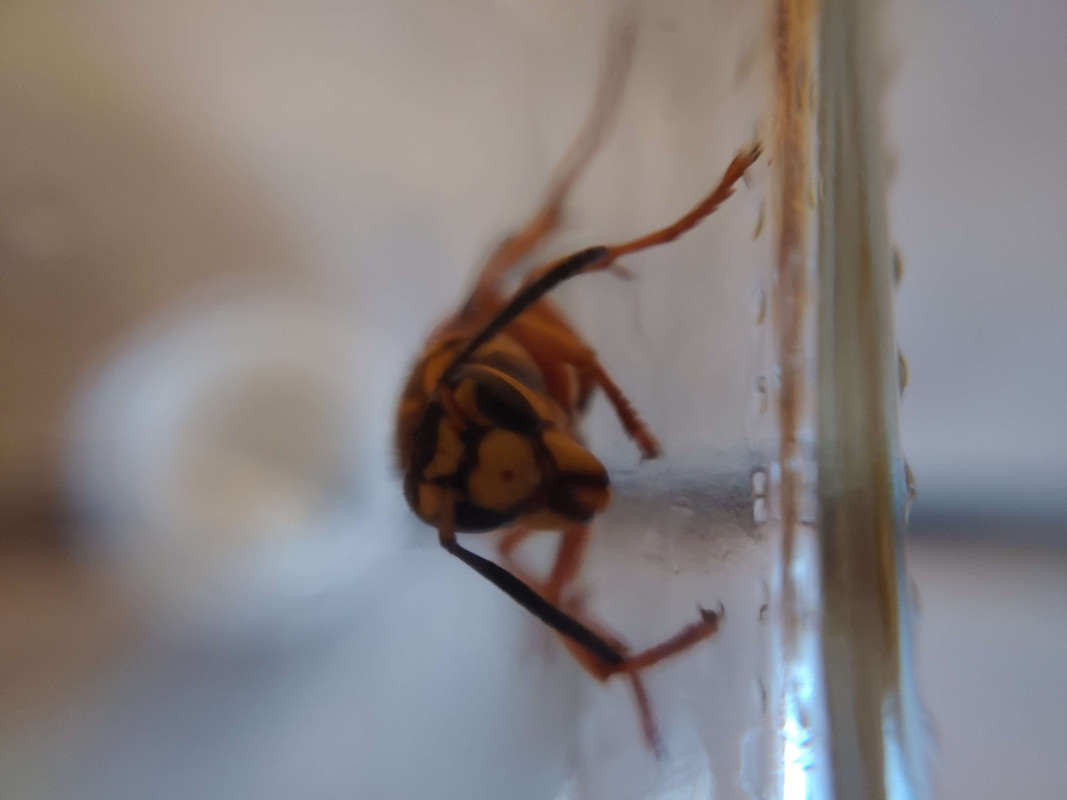
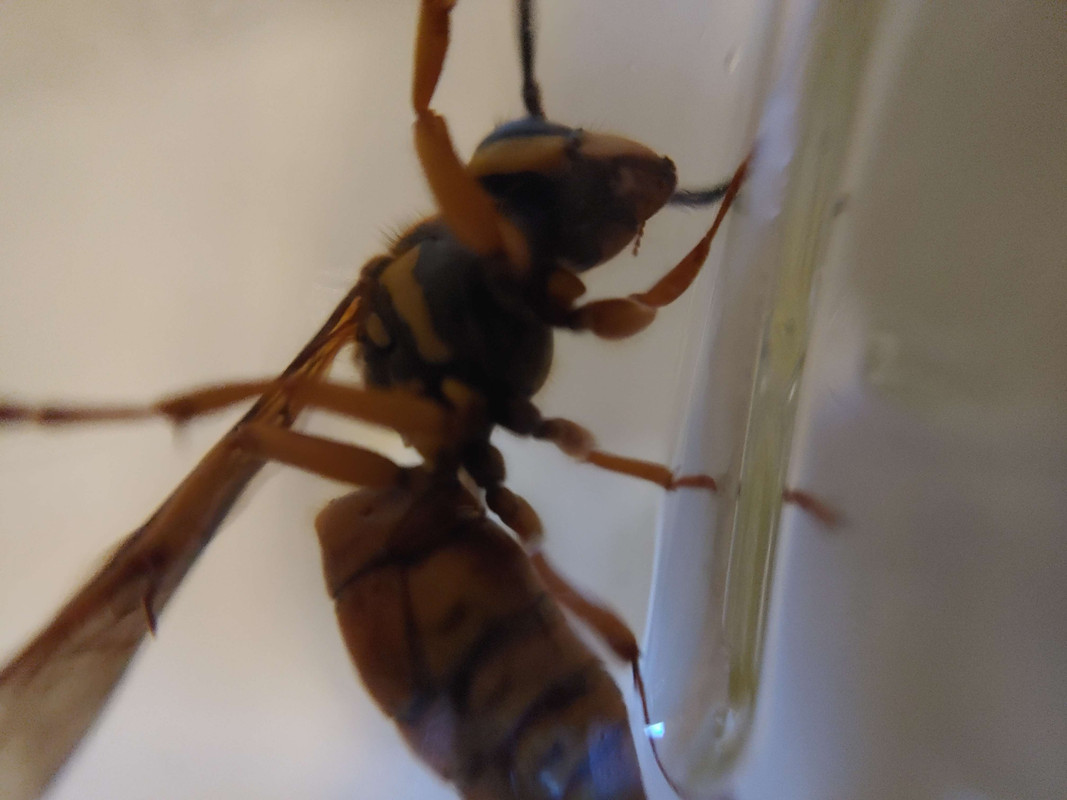
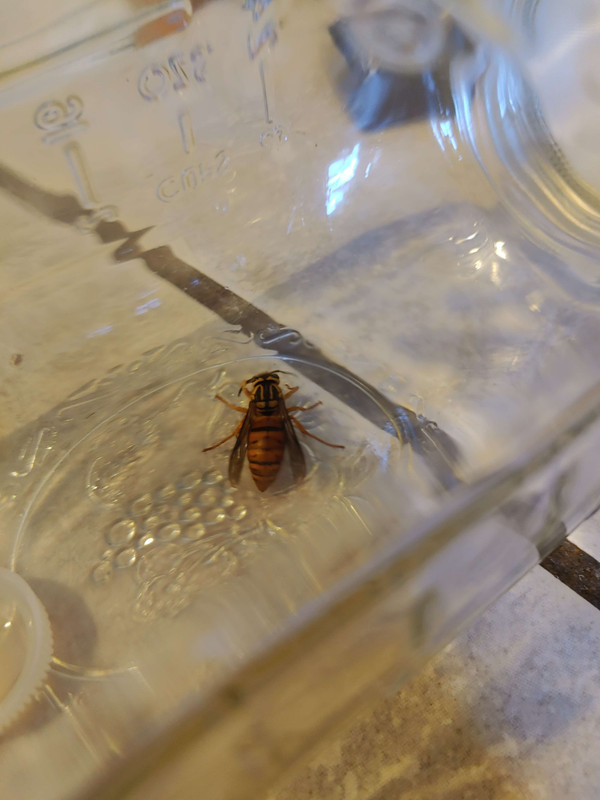
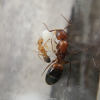



Edited by Flu1d, January 28 2023 - 5:07 PM.
Keeps:
1:Pogonomymex occidentalis
4: Tetramorium immigrans
2 Reticulitermes flavipes
This is actually super useful info! I put that lady back where I found her because I knew I wasnt ready QUITE yet, however with this new info I am much closer to being ready if I do pursue that route!I've tried keeping vespula as well. My suggestion is dirt. They make their nests underground. Also, a huge terrarium! Like the ones for chameleons, super tall, add dirt to the bottom of about 6-10 inches. Moisten it to where it holds together but isn't mud. Then add a wooden platform on top. The idea is that she will see the wood as a natural rock (which is where they tend to start their holes in the wild) and she will dig under it and start her nest. Also, add LOTS of different types of wood for nest building. Add a place to feed her sugars and meats. They aren't super picky so that's good. Once she's started her nest, you can do a couple of things, you can leave her be, lift the wood platform with her nest and everything on it to the upper parts of the terrarium, or if she hasn't built it on the wood, you can change the wood out for a plexiglass sheet to have easy viewing! Hope this helps!!
Edited by Flu1d, January 28 2023 - 5:10 PM.
I'm just curious about ways to keep them. I'm willing to buy a nice bee suit to minimize damage if that's even necessary (maybe at first to gain my confidence and get better, making less mistakes).
Vespula squamosa are a parasitic sp there host sp are Vespula maculifrons and Vespula vidua many colony's start in may or june and that is when they attact the host nest
about 85% of colonies begin in this parasitic takeover, while only 15% of colonies are independent
most nest are annual some can over winter hope this helps
This does a lot! I let this lady go after I found her, however if I ever find another I have more info now and I may give it a shot! If she is a parasitic species that can sometimes be independent, what do I do to make it possible for her to begin her own nest? If not possible, how do I go about finding her host species? What would they eat? Thanks again so much for the reply! If they aren't keepable, that's okay too. Its super cool just to learn about them.Vespula squamosa are a parasitic sp there host sp are Vespula maculifrons and Vespula vidua many colony's start in may or june and that is when they attact the host nest
I'm just curious about ways to keep them. I'm willing to buy a nice bee suit to minimize damage if that's even necessary (maybe at first to gain my confidence and get better, making less mistakes).
about 85% of colonies begin in this parasitic takeover, while only 15% of colonies are independent
most nest are annual some can over winter hope this helps
Edited by Flu1d, January 30 2023 - 9:37 PM.
I’m decent at ID’ing bees, at least to genus. Dr. Snelling is probably the closest thing to an expert on here. As for actually keeping wasps, that’s a whole ‘nother can of worms.
Edited by Manitobant, April 9 2023 - 6:20 AM.
That species was named after his father, Roy Snelling. To my knowledge, Gordon doesn’t have any species names after him… yet.
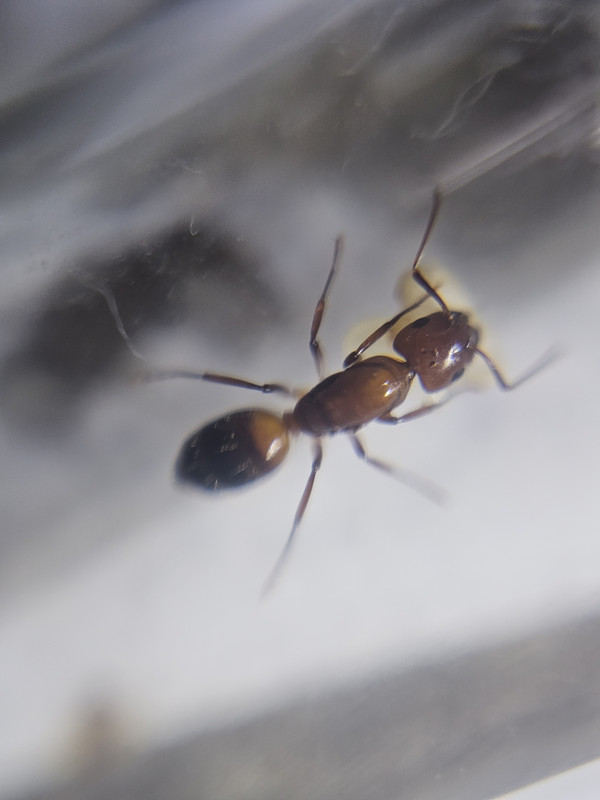
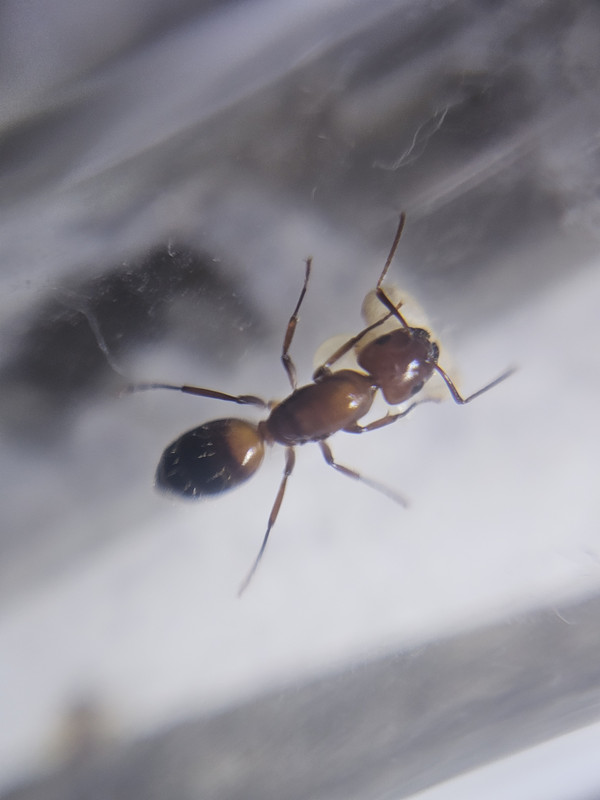
0 members, 1 guests, 0 anonymous users